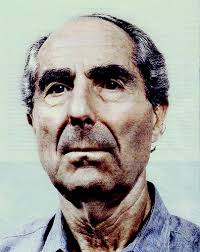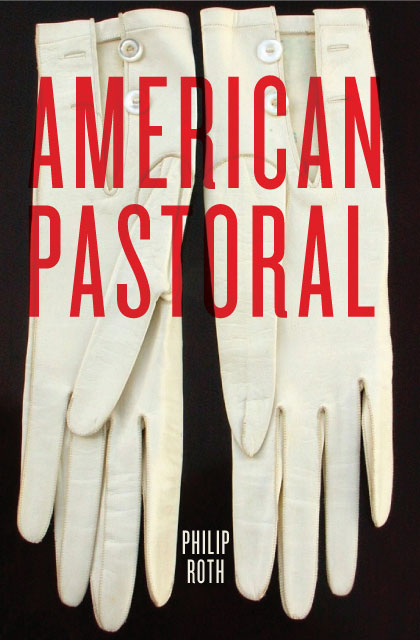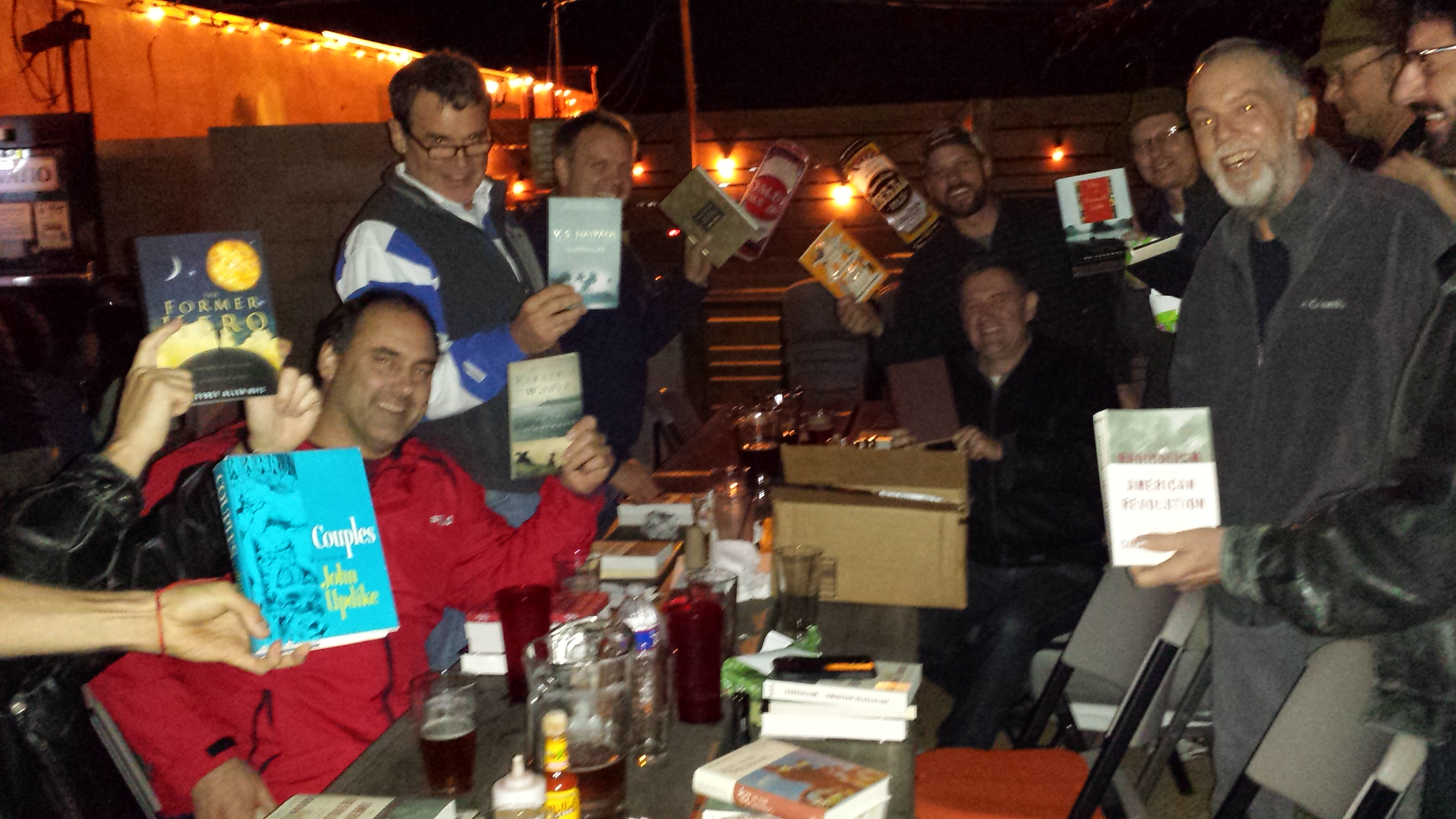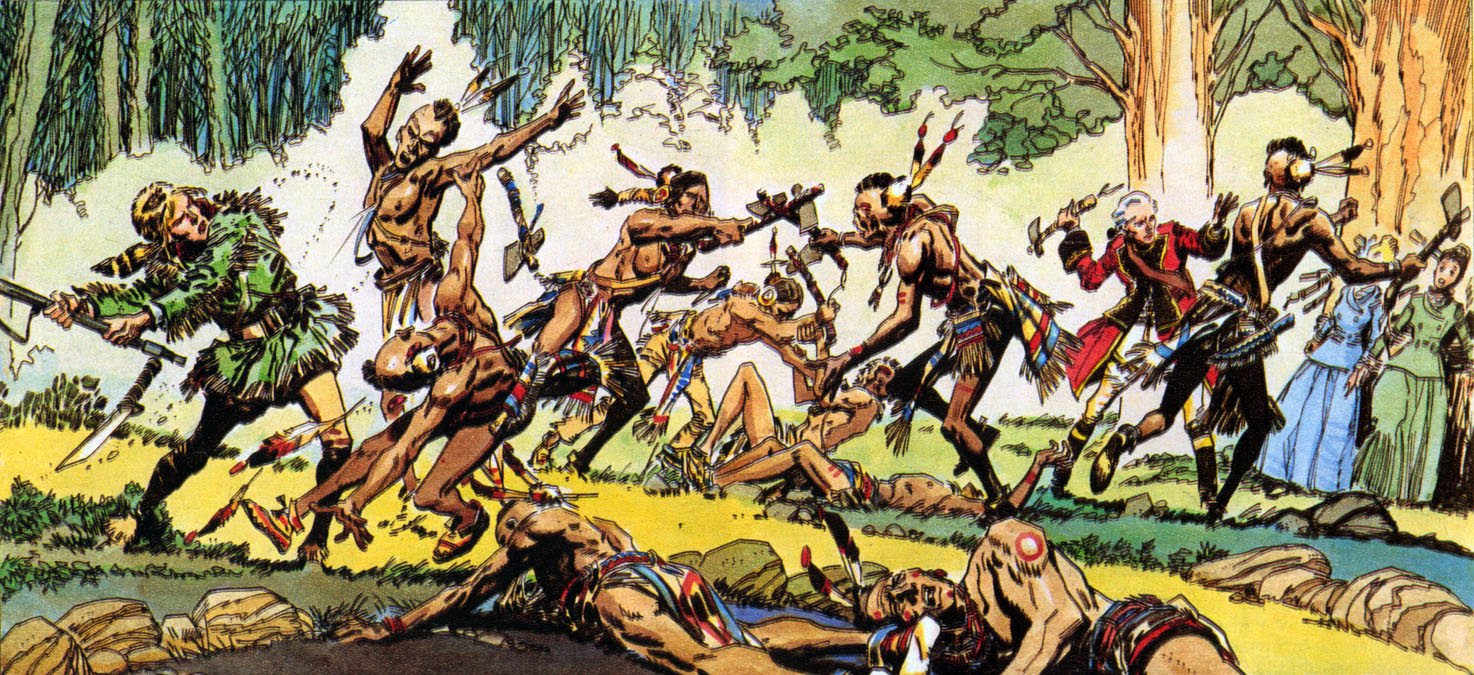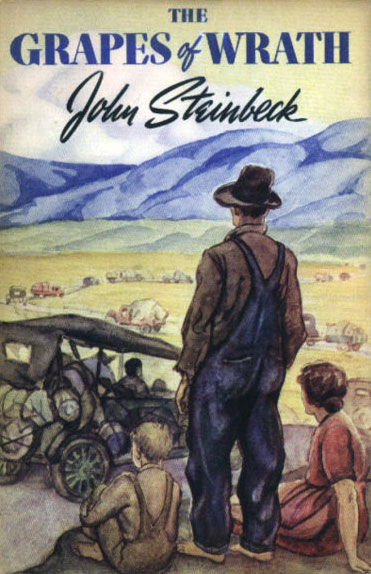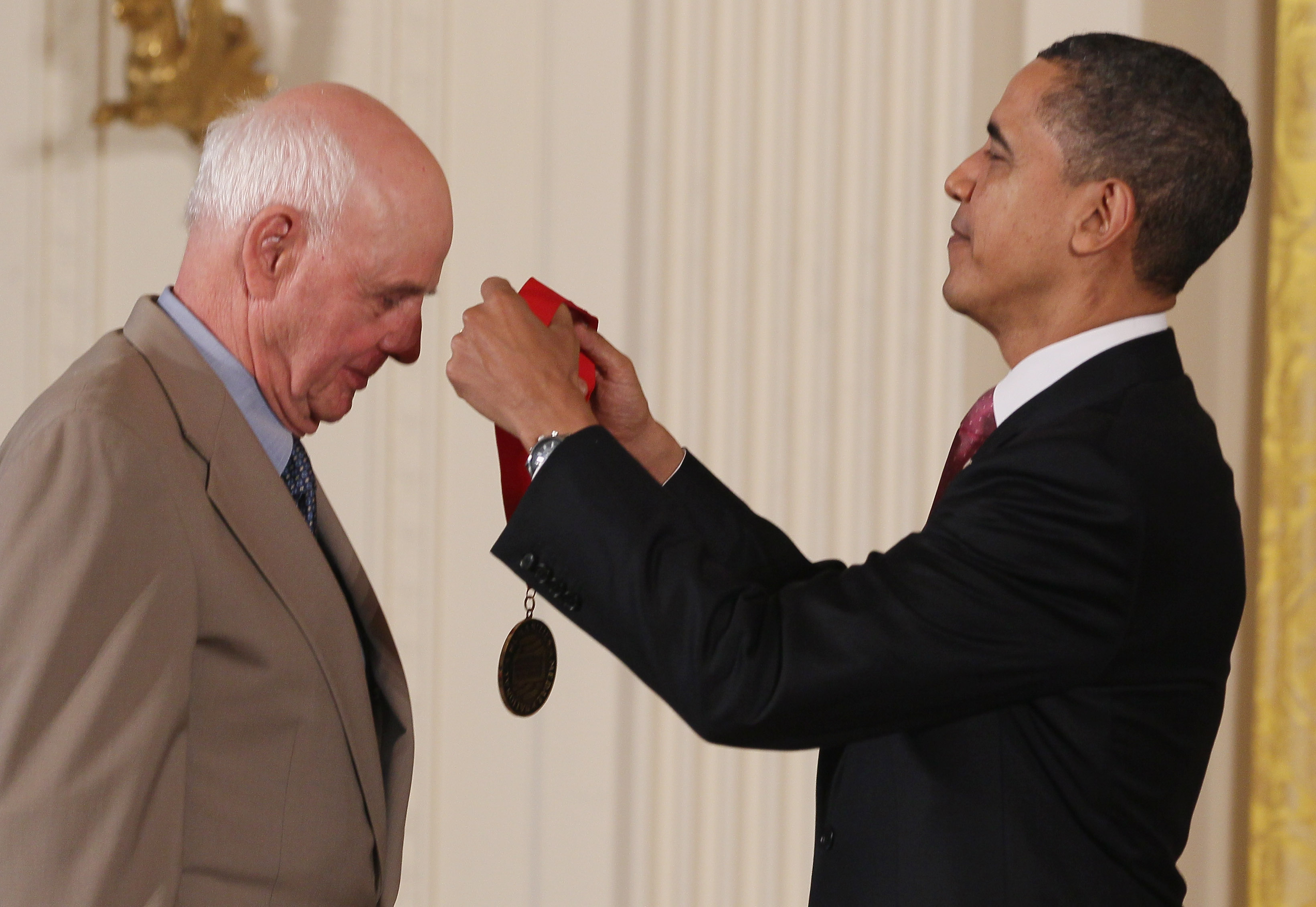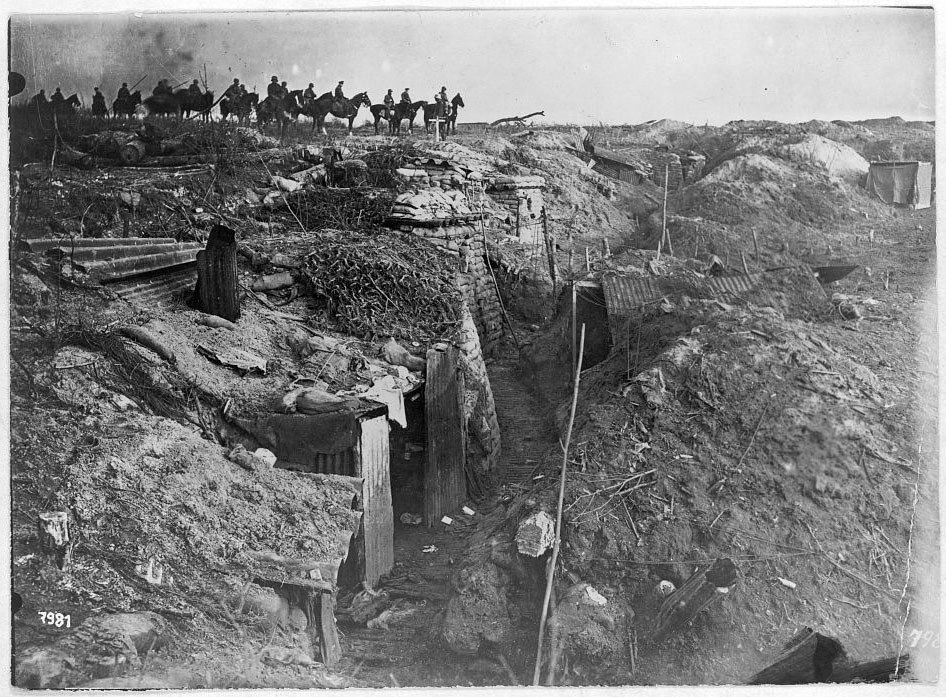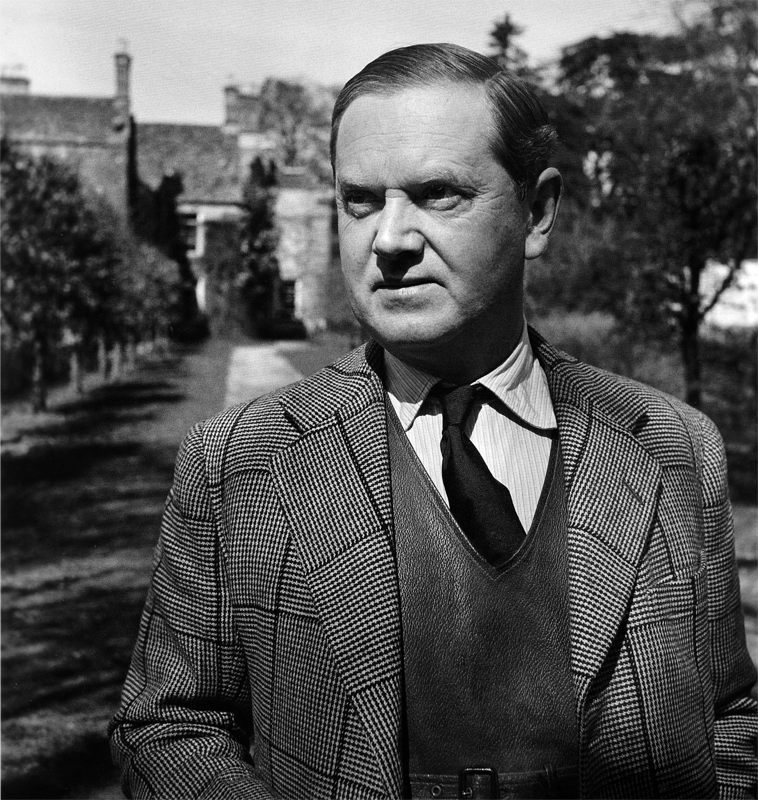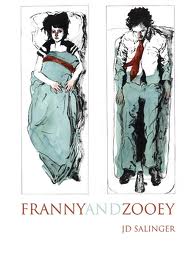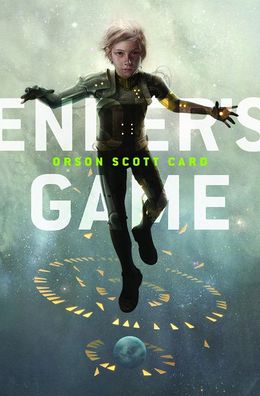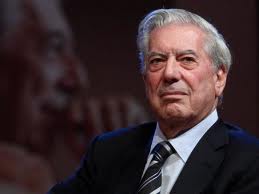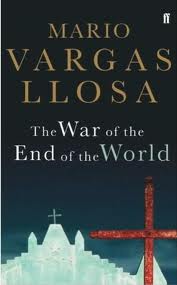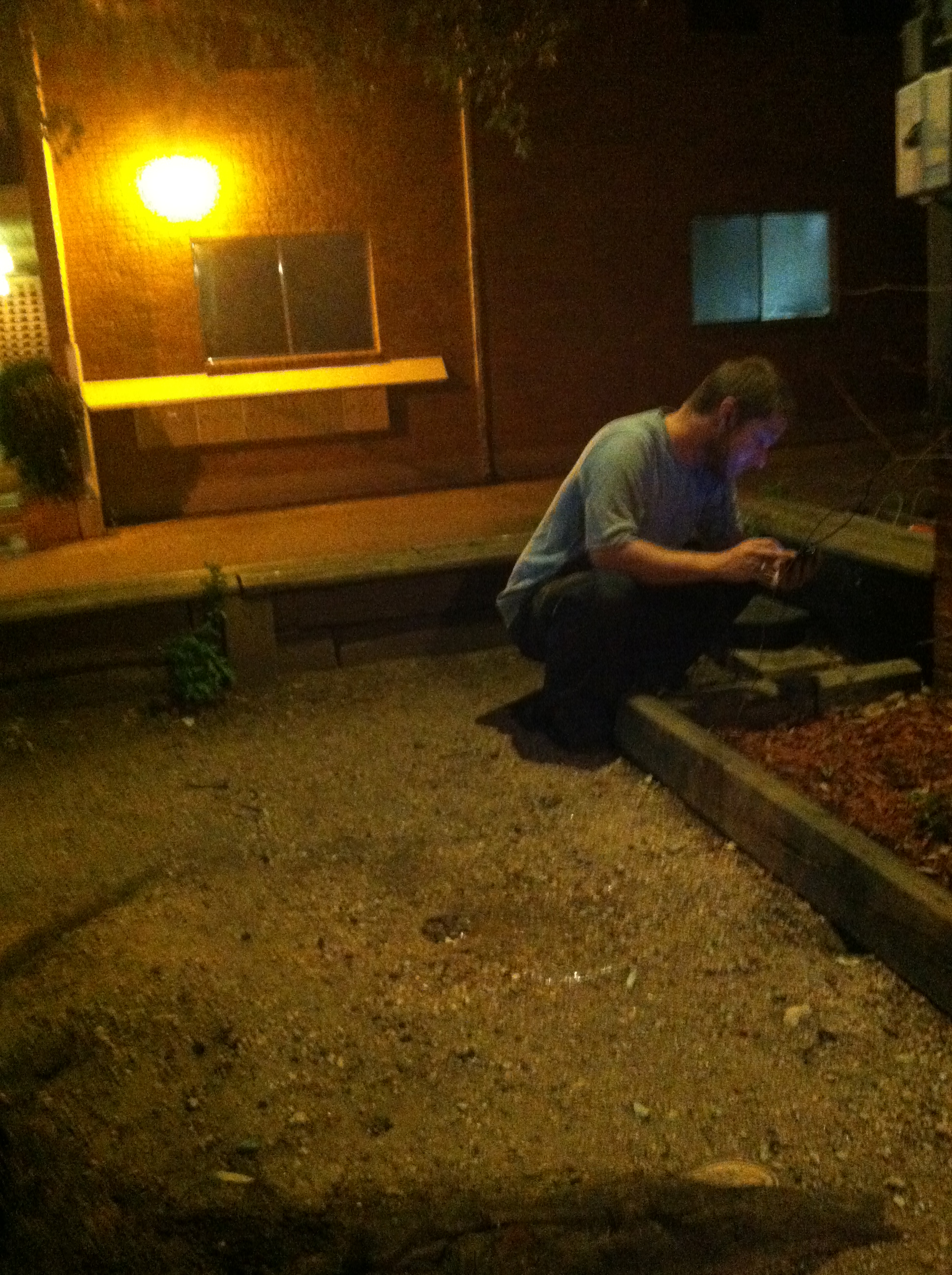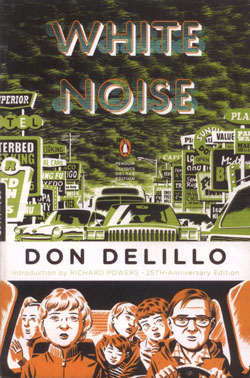 I had heard of Don Delillo for some time as one of the top living American authors, but had not read anything of his until White Noise.
I had heard of Don Delillo for some time as one of the top living American authors, but had not read anything of his until White Noise.
Though we are told that this book is not necessarily representative of his style, that he has other novels written in an entirely different voice and manner and mood, White Noise made Delillo fans of almost all the Athenaeum group.
White Noise reads a lot like Walker Percy with its quirky, dryly humorous style, and delightful wit. And in this style he weaves a story that touches on the subject of death on every page, lampooning simultaneously the inanities of modern life, our domination by commercialism, media, and marketing. We got the distinct impression that there was much in the book that would reward multiple readings, which is something of a benchmark of a good book by Athenaeum standards.
The story follows a year or so in the lives of Jack and Babette Gladney with their children Heinrich, Steffie, Denise and Wilder, with favorite characters Murray Jay Siskind, a fellow university professor, and Winnie Richards, the lanky, mysterious chemist. They are an ostensibly normal American family. Their town undergoes the “Airborne Toxic Event” and other death-dealing events, each of which has the effect of bringing characters out of their consumer-commercial malaise to suddenly appreciate things like sunsets with a new, blissful poignancy.
The February book is The Disposessed by Ursula K. Le Guin. I write this post on the Saturday of Athenaeum as a matter of fact, so we discuss LaGuin tonight at Radio Coffee & Beer.
The book for the March meeting is Willa Cather’s Death Comes For The Archbishop.
